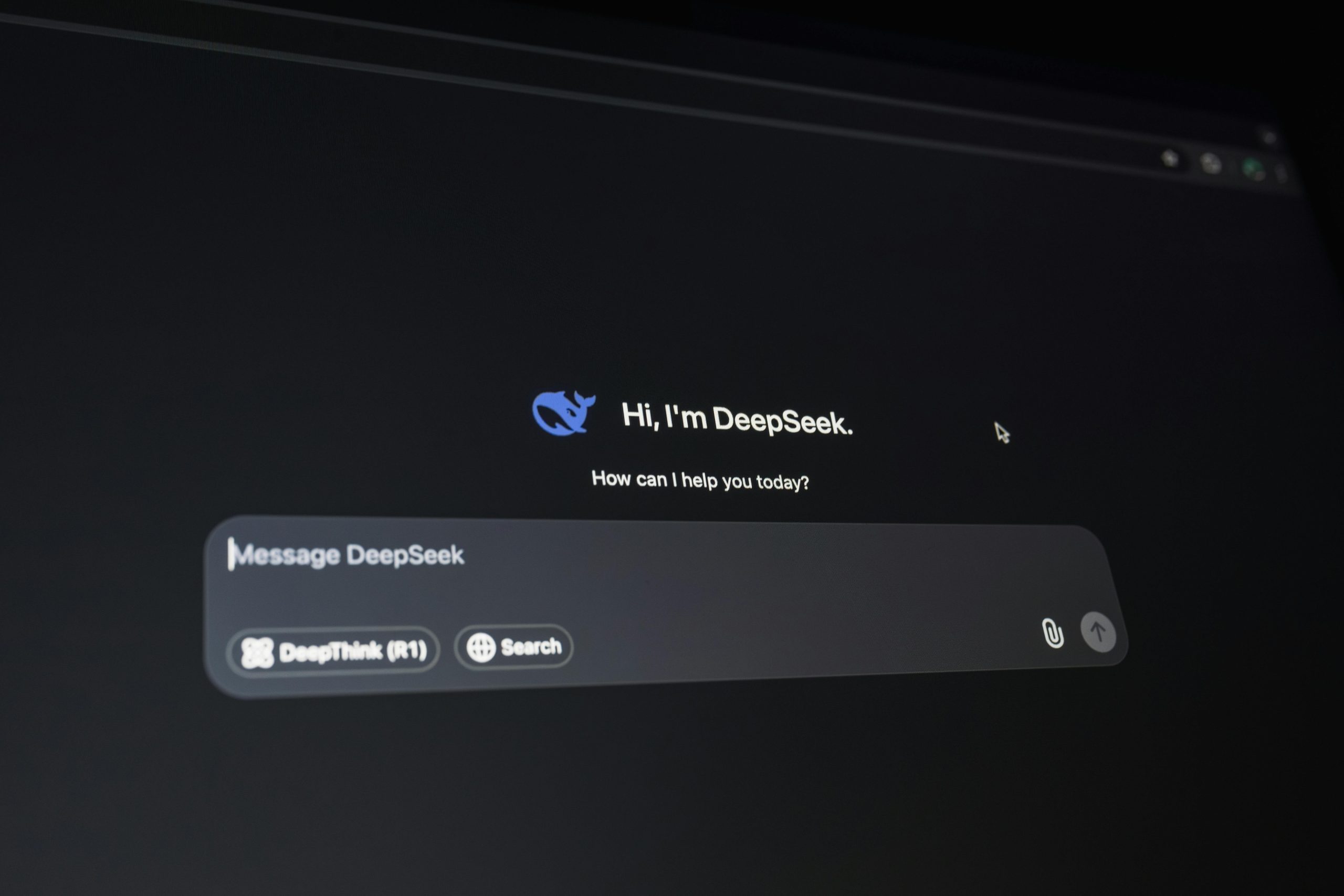Analyzing the Impact of AI-Driven Answer Surfaces on Paid Search Performance
As the landscape of digital advertising evolves, the emergence of AI-powered answer features—such as Google’s Search Generative Experience (SGE), Microsoft’s Copilot, and chat-based interfaces—are reshaping how users interact with search engines. This transformation prompts advertisers and marketers to consider how these advancements influence paid search (PPC) strategies, particularly concerning user queries, attribution models, and campaign optimization.
In this discussion, we explore key considerations and emerging insights into how AI answer pages may be shifting the performance and measurement of paid search campaigns.
Changes in User Search Behavior
One notable trend is the potential evolution of query types. Marketers have observed a tendency toward longer, more conversational, and informational queries as AI answer surfaces tend to provide direct, comprehensive responses. This shift can result in a decrease in clicks on traditional informational or generic keyword terms, as users receive immediate answers without the need to click through to websites.
Implication: It is vital for PPC strategists to monitor fluctuations in query volume and consider adapting keyword strategies to capture these conversational searches. Focusing on more natural language and question-based keywords may help maintain visibility and traffic.
Attribution Challenges and Signal Tracking
The advent of AI answer features complicates attribution models. Traditional last-click attribution may become less reliable as users receive immediate responses and may not click on paid ads at all. Consequently, assisted conversions and multi-touch attribution models gain importance for understanding the true impact of campaigns.
Marketers should track additional signals such as changes in impression share, SERP features tracking, and geo-based testing to gauge the influence of AI answer surfaces. Understanding shifts in query composition and how different SERP elements interact can inform more accurate measurement and attribution strategies.
Adaptive Strategies for Continued Success
To navigate these changes effectively, advertisers are experimenting with various adjustments:
- Bidding Strategies: Adjusting bids based on emerging query patterns and SERP features to stay competitive.
- Match Types & Keyword Selection: Incorporating more natural language and question-based keywords that align with conversational searches.
- Audience & Content Optimization: Refining landing page content and creative assets to match the evolving user intent expressed through longer, more nuanced queries.
- Channel Mix Diversification: Diversifying ad channels and formats to offset potential declines in traditional paid search click volume.
In conclusion, AI answer surfaces are reshaping the landscape of paid search, influencing user behavior, measurement paradigms, and campaign tactics. Staying attuned to these shifts

